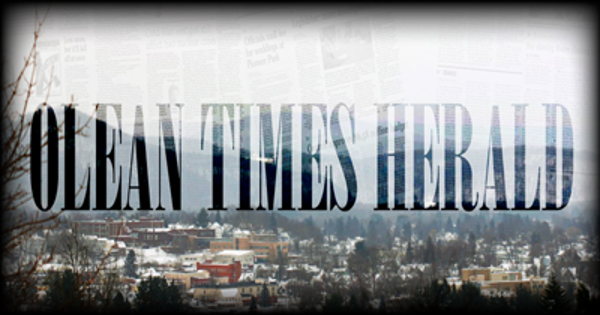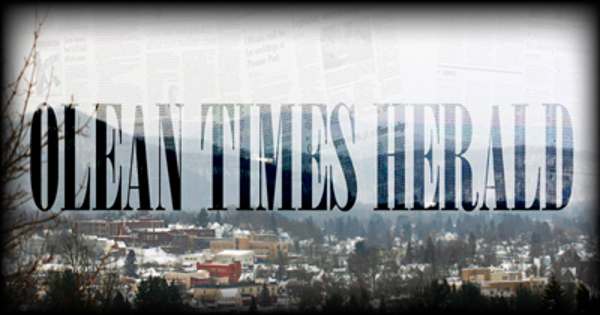

Once a year, Europeans come together in a flurry of flags, spangles and disco beats to compete for the continent’s pop crown at the Eurovision Song Contest.
The coronavirus pandemic canceled the contest in 2020 for the first time in six decades. But now it’s back. On Saturday, performers from 26 countries will vie for Eurovision victory during a live televised final in the Dutch city of Rotterdam.
The prize is glory for the winning nation, though rarely mega-stardom for the winning act. A few international stars have emerged from Eurovision’s sequined ranks, including Swedish pop titans ABBA — victors in 1974 with “Waterloo” — and Canadian chanteuse Celine Dion, who won the 1988 contest for Switzerland.
Others have sunk without a trace — hello, Britain’s 2007 budget airline-themed novelty act Scooch — or saw their musical fame peak with Eurovision success, such as Irish singer Dana, who won as a teenager in 1970, or British pop quartet Buck’s Fizz, who took the prize in 1981.
Launched in 1956 to foster unity after World War II, Eurovision evolved over the years from a bland ballad-fest to a campy, feelgood extravaganza. It has grown from seven countries to include more than 40, including non-European nations such as Israel and far-away Australia.
But despite its peace-through-pop ethos, the song contest has not escaped entanglement in geopolitics.
There are annual grumbles about bloc voting, with Nordic nations often supporting one another and Greece and Cyprus giving each other top marks. Britain blames its European outlier status for its failure to win the contest since 1997 — though its tendency to send underpowered entries may also be a factor.
Contest organizers screen the songs for any hint of political content that could sour the harmony. In 2009, Georgian entry “We Don’t Wanna Put In” was nixed because it took a dig at Russian leader Vladimir Putin. In 2014, the audience booed Russian singing twins Anastasia and Maria Tolmachevy because of their country’s invasion of Crimea, and 2017 host country Ukraine barred Russia’s entry amid conflict between the neighboring nations.
The contest’s most memorable acts have transcended borders with glorious extravagance or eccentric individualism. There was silver-spangled Ukrainian drag performer Verka Serduchka in 2007, and six singing grandmothers from a Russian village who performed as the Buranovskiye Babushki in 2012.
To the uninitiated, Eurovision can appear ridiculous. But fans treasure its mix of kitschy fun and genuine emotion. For every ludicrous Lordi — the Finnish rockers in latex monster masks who won in 2006 — there is a Dana International, the transgender Israeli singer whose 1998 contest win was a landmark for LGBT people in her homeland.
The victory of Austrian drag queen Conchita Wurst in 2014 was a moment of triumph for many of the contest’s gay fans, but also showed that equality was still some way off. The bearded diva’s achievement was hailed by many as a gain for diversity and tolerance but condemned by nationalist politicians in Russia as evidence of Western degeneracy.